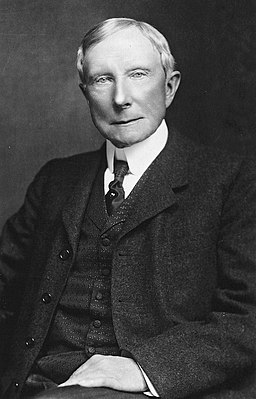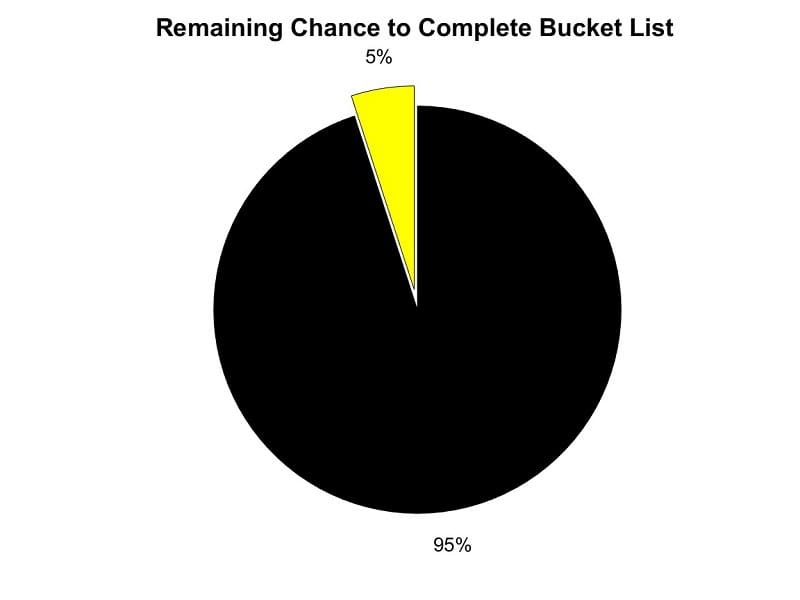Survival of the Fittest
Updated Aug 14, 2024. The title phrase continues to be used and misused. Selection of traits using CRISPR biogenic technology seems innocuous but brings with it the potential for eugenics and misapplication of “survival of the fittest” applied to cultural traits with unforeseen consequences.
The expression “survival of the fittest” was coined by Herbert Spencer in 1864 after he read Darwin’s Origin of Species. However, Spencer was not won over by Darwinian evolution, but followed the theory that evolution proceeded by physical characteristics developed in life by parents being passed to their offspring (Lamarckism).
Nonetheless, “survival of the fittest” has become part of the English language where it’s a useful phrase to suggest that evolution is active in social realms, while retaining an aura of scientific authority.
The linking to the evolutionary theory and its evidentiary confirmation is unjustified.
In scientific theory, “survival of the fittest” is more concretely stated as “propagation of the most fertile.” That’s more faithful to Darwin’s finding and theory. It’s the subsequent generations of the most fertile that benefit by increasing numbers, rather than the current member being a superlative.

John Rockefeller said, “The growth of a large business is merely a survival of the fittest—the working out of a law of nature and a law of God.”
This is a great example of slippery language. It cloaks one’s belief in the guise of science, making the belief appear more certain than it is. Here Rockefeller promotes a successful business as necessarily fit, while the source of the metaphor has a multiplicity of descendent companies as the consequence of large company.
It’s worth substituting “propagation of the most fertile” in place of “survival of the fittest” to see if the casual metaphorical use retains truth along with vigor.
Why make this tedious effort to know the misleading nature of the phrase, “survival of the fittest”? Mainly because in conversation, I sometimes hear the phrase used as proof that such-and-such a person and their idea is the best, because they have survived.
In actuality, they may have survived because they have no morals and leave the society worst off, despite their personal material success.


